Hello fellow dog lovers, it’s Marsha, back to discuss another topic in dog training: foundation skills!
Training a dog is an exciting journey filled with learning, growth, and the development of a strong bond between you and your dog. At the core of every successful training program lies the foundation skills - the fundamental behaviors and cues that lay the groundwork for more advanced training. These skills not only shape your dog's behavior but also foster effective communication and establish a lasting connection. Continue reading as we explore the importance of foundation skills and dig into some key behaviors that every dog should learn during their early training.
Sit: The Power of Focus
One of the fundamental skills every dog should master is sit. Teaching your dog to sit not only helps instill discipline but also cultivates focus and attentiveness. By asking your dog to sit, you encourage them to engage with you and pay attention to your instructions. This not only strengthens the communication between you and your dog but also establishes you as the leader and source of guidance. When dogs are unsure or lack direction, they often resort to impulsive behaviors, which can lead to undesirable actions or choices. By making sit a default position, you provide your dog with a clear and constructive alternative to impulsive behaviors. Sit becomes a go-to response, enabling your dog to understand what is expected of them in various situations. This impulse control not only sets the stage for more advanced training but also helps your dog make better choices and navigate the world with confidence and self-control.
Stay: The Art of Self-Control
Having a solid stay holds immense importance in a dog's training repertoire, as it goes beyond mere obedience and contributes to their overall well-being and safety. Teaching your dog to stay in one place, regardless of distractions, enhances their self-control and discipline. This skill becomes particularly invaluable in various real-life scenarios, such as waiting patiently at doorways, crossing busy roads, or maintaining calmness in social settings. By reinforcing the stay behavior, you empower your dog to resist the urge to act impulsively and instead maintain composure and self-restraint. Moreover, a reliable stay foundation sets the stage for tackling more complex training tasks, as it builds trust, establishes a strong connection, and demonstrates your dog's ability to focus and obey cues even in challenging situations. By investing time and effort into developing a solid stay skill, you lay the groundwork for a well-rounded and disciplined canine companion.
Recall: A Lifesaving Skill
The recall cue, commonly known as "come," is undoubtedly a skill that holds significant importance in a dog's training repertoire. It stands as one of the most important cues a dog can learn. A strong recall ensures that your dog responds promptly and reliably, returning to you when called, regardless of the environment or distractions present. This skill goes beyond day-to-day control; it becomes a vital aspect of ensuring your dog's safety, especially in potentially hazardous situations. By reinforcing the recall cue, you empower your dog with the freedom to explore their surroundings while maintaining a strong bond built on trust and safety. Whether it's calling your dog away from a busy road, redirecting their attention from a potential threat, or simply summoning them to your side during a leisurely walk, a dependable recall command is an invaluable tool. It fosters a sense of reliability, reinforces your role as their trusted guide, and ultimately strengthens the bond between you and your furry companion. By dedicating time and effort to training a robust recall, you provide your dog with the ability to navigate the world confidently, knowing they can rely on you for guidance and protection.
Loose Leash Walking: Harmonious Strolls
Walking your dog is not just about getting from point A to point B; it's an opportunity to connect, explore, and enjoy each other's company. However, walking can quickly become a frustrating experience if your dog constantly pulls, lunges, or creates excessive tension on the leash. By investing time in teaching foundation skills such as heeling and maintaining a relaxed leash, you can transform your walks into pleasant and harmonious adventures. Heeling encourages your dog to walk calmly beside you, promoting a sense of cooperation and attentiveness. It establishes clear communication and reinforces your role as the leader. Additionally, teaching your dog to maintain a relaxed leash prevents discomfort and ensures both of you can move freely and comfortably. A dog that walks politely on a leash not only fosters a stronger bond between you but also creates a safer and more enjoyable outing for everyone involved. With consistent training and positive reinforcement, you can turn your walks into enjoyable experiences that strengthen your connection and allow you and your furry companion to explore the world together with ease.
Leave It and Drop It: Safety First
Foundation skills like "leave it" and "drop it" play a vital role in ensuring the safety and well-being of your dog. These commands are designed to teach your dog to let go of items they shouldn't have or to resist the temptation of picking up potentially harmful objects. Whether it's a tempting morsel of food dropped on the ground or a potentially dangerous item they've managed to grab hold of, these skills empower you to redirect your dog's focus and prevent accidents or the ingestion of harmful substances. By teaching your dog to leave it, you provide them with the ability to exercise self-control and make appropriate choices. Similarly, the command to drop it allows you to swiftly intervene when your dog has something they shouldn't. These foundation skills not only protect your dog from harm but also give you peace of mind knowing that you have the means to prevent potential emergencies. By consistently practicing and reinforcing these skills, you establish a strong line of communication and trust with your dog, ensuring their safety and contributing to their overall well-being.
Building a strong foundation of skills is essential for a successful and fulfilling training journey with your dog. These foundational behaviors and cues not only provide the building blocks for advanced training but also establish effective communication and a deep bond between you and your canine companion. By teaching your dog fundamental skills like sit, stay, recall, loose leash walking, and leave it/drop it, you equip them with the necessary tools to navigate the world safely and respond to your guidance. Patience, consistency, and positive reinforcement are vital throughout the training process, ensuring a rewarding experience for both you and your pup. So, dedicate the time and effort required to establish a solid foundation, and witness the growth of your dog's skills and the flourishing of your relationship!

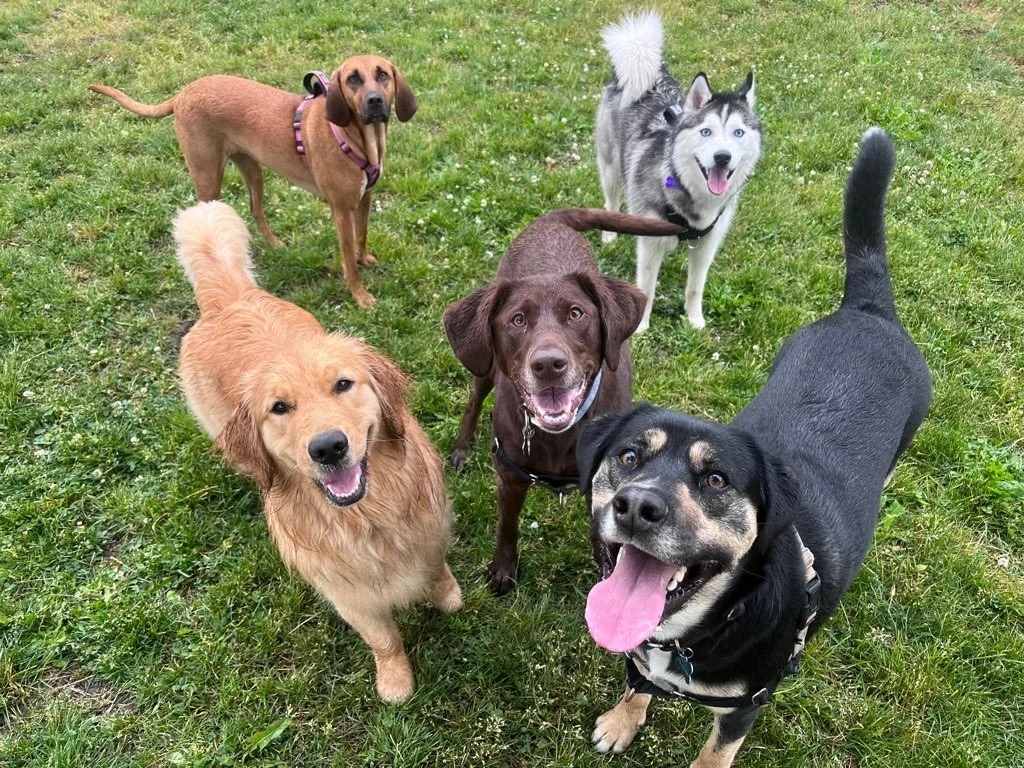
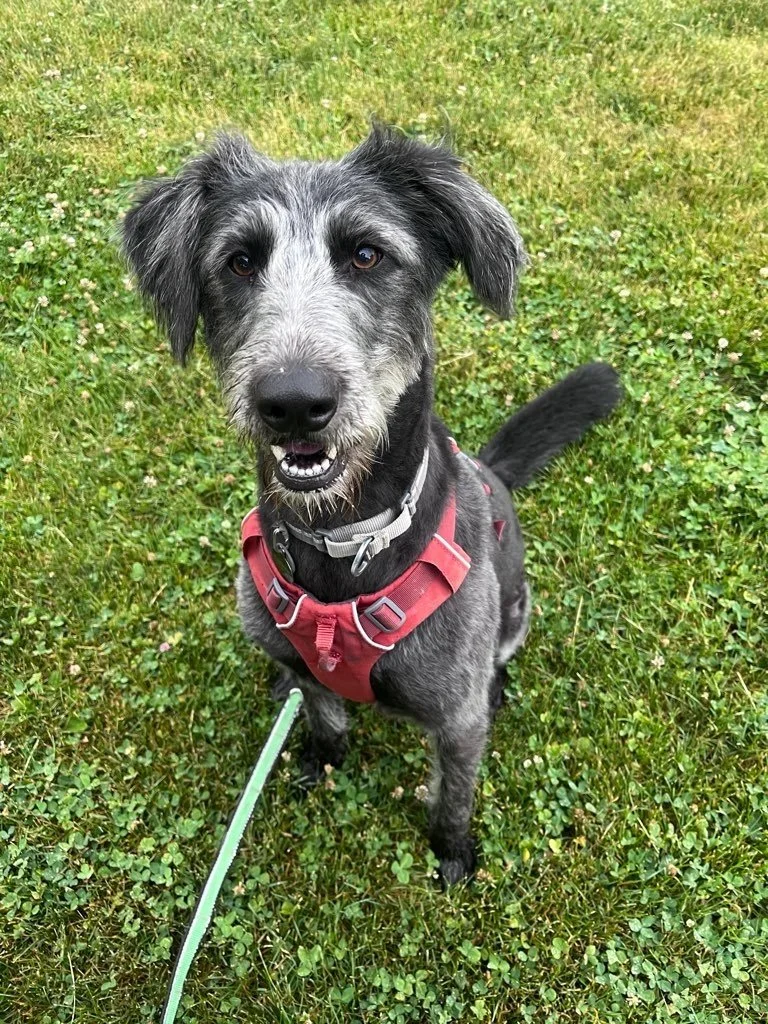
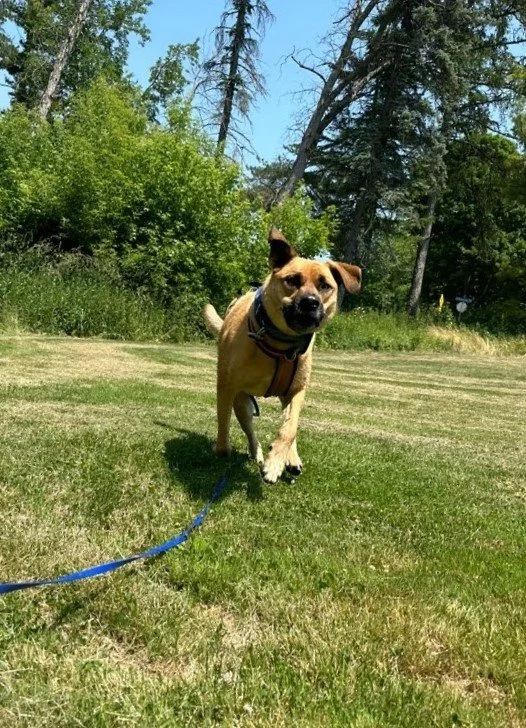
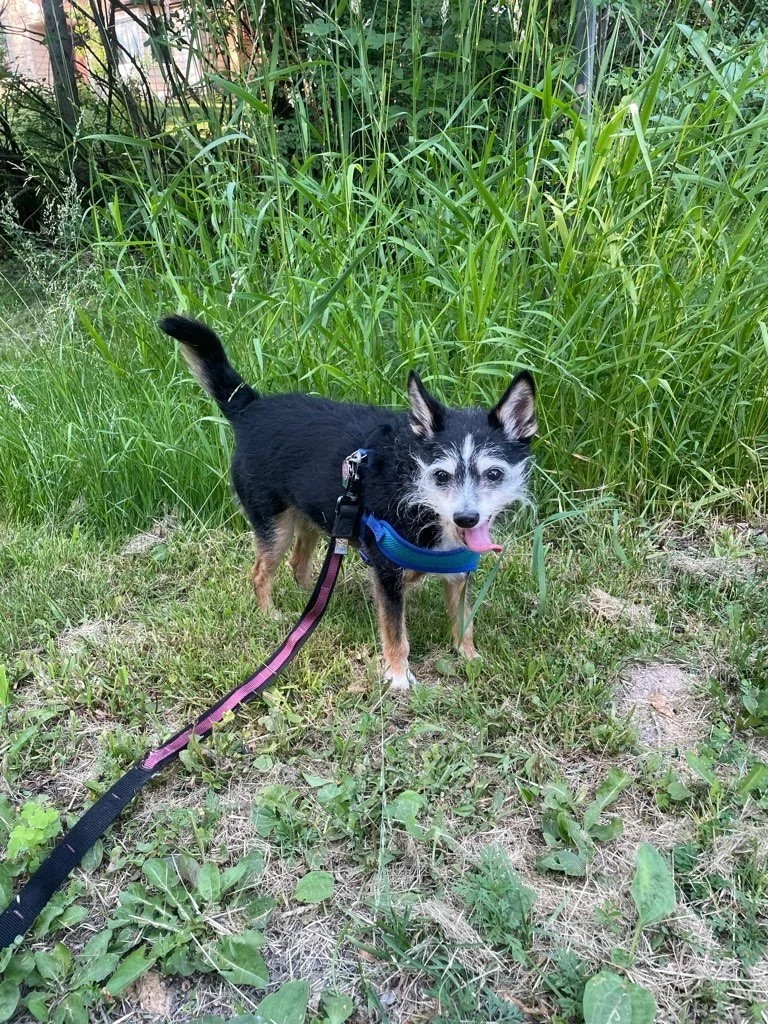
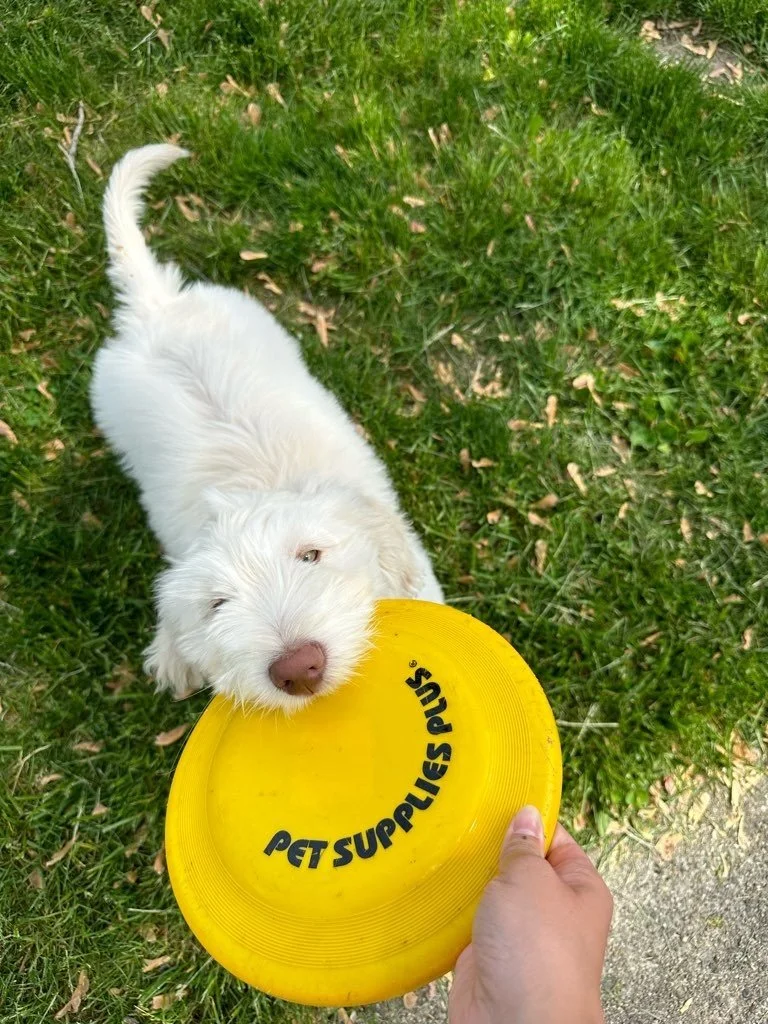
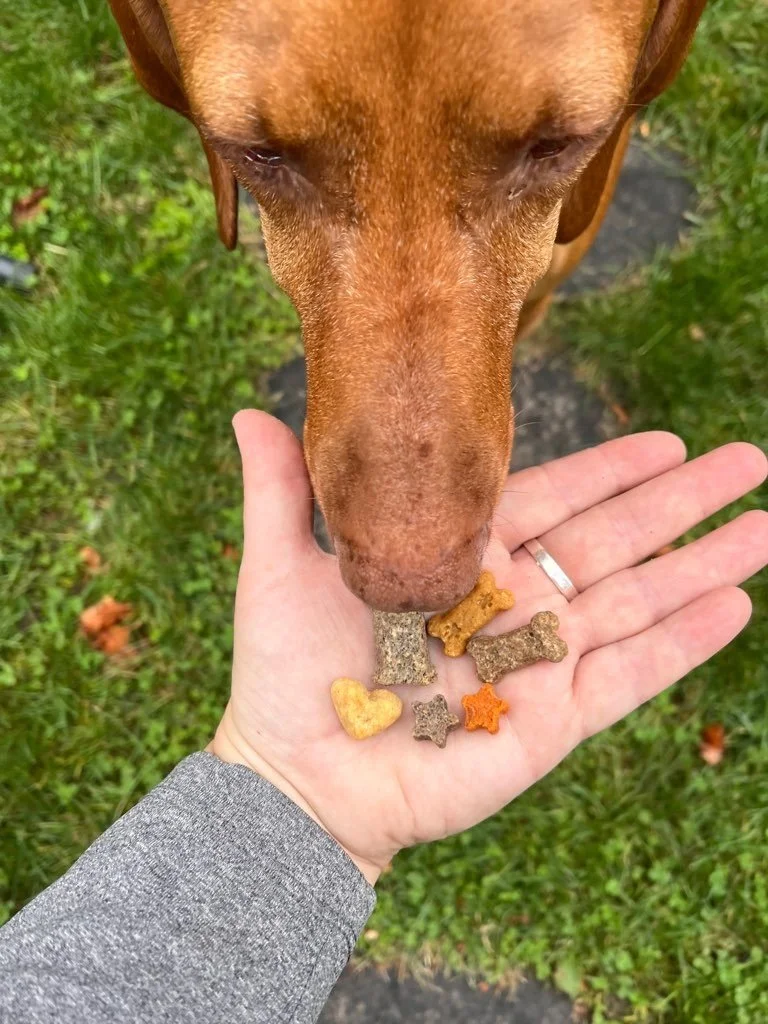

Discover the benefits and practical applications of choice-based dog training methods, also known as positive reinforcement or force-free training. Join us in exploring how giving your furry friend choices during training can lead to stronger skills and a more fulfilling and harmonious relationship for both you and your pup.